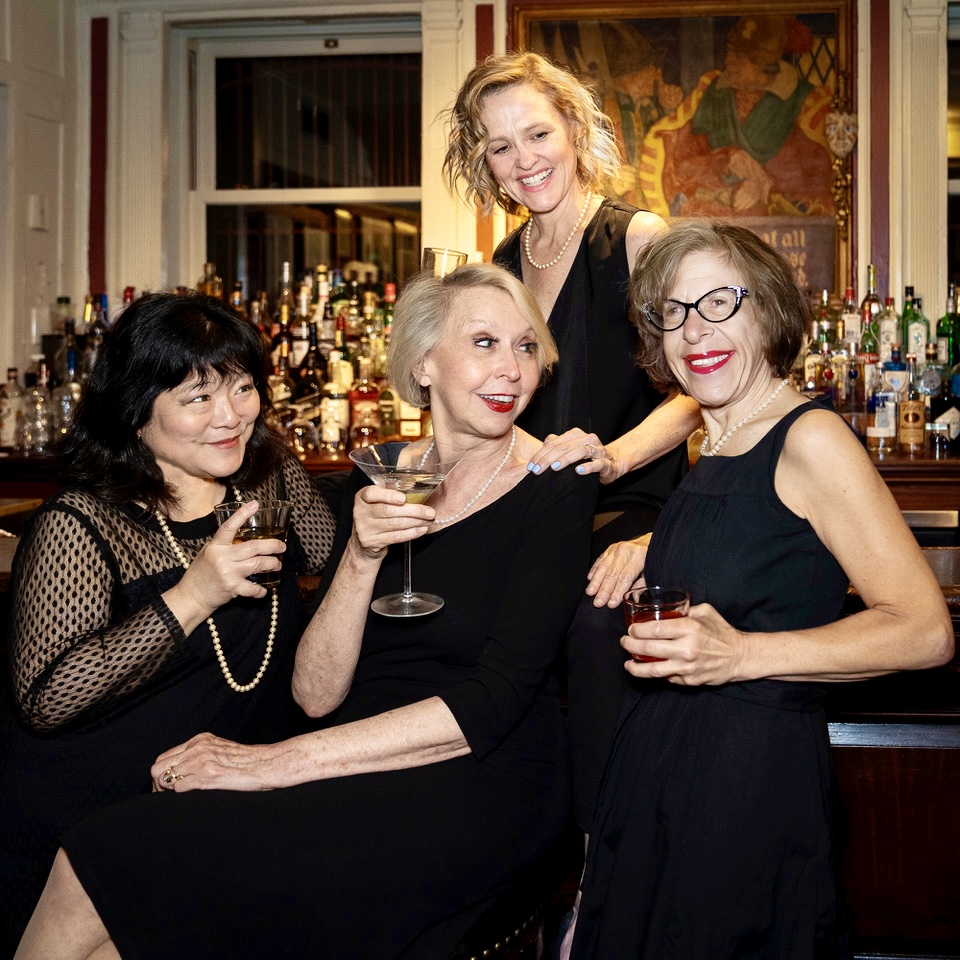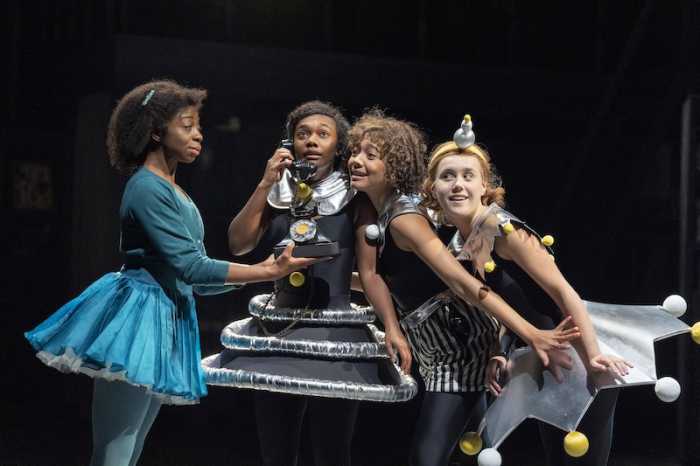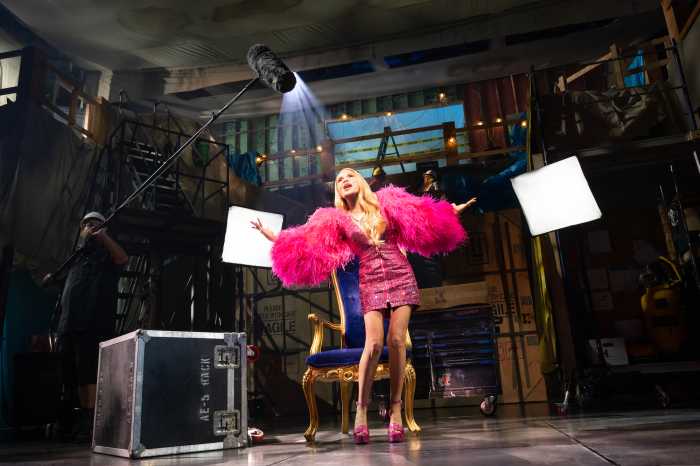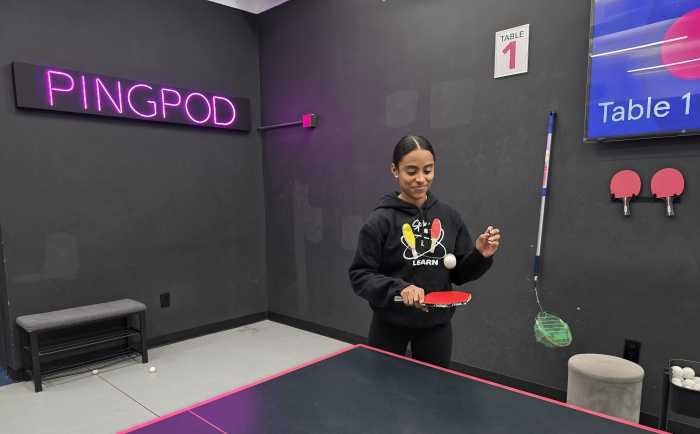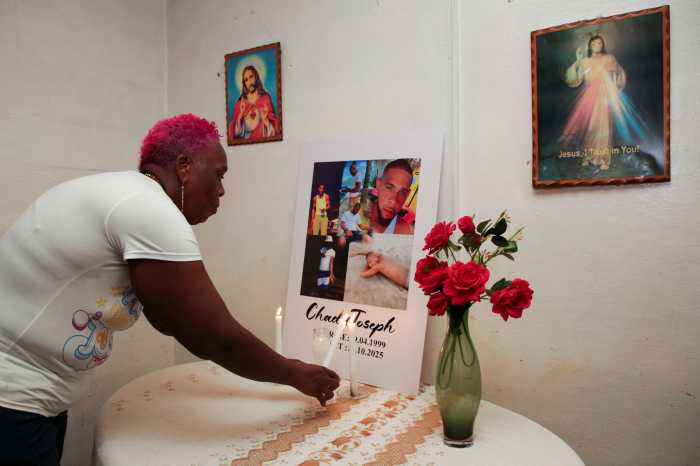Dorothy Parker was an icon of American letters. Today, she’s mostly known for her more acerbic comments, such as the review where she wrote, “Katharine Hepburn runs the gamut of emotions from A to B” and witticisms like “Men seldom make passes/At girls who wear glasses.” Born in 1893, she was a woman whose wit could keep pace (and at times outstrip) men, and she became a central figure at the Algonquin Round Table in the 1920s.
She was, however, so much more than a facile quip generator, or a writer who said, “The first thing I do in the morning is brush my teeth and sharpen my tongue.” In the subtleties of her short stories, notably “Big Blonde,” and her epigrams were trenchant comments about women and women’s roles in society. Her work reflected women caught between playing traditional gender roles and their more expanded potential in the world, as well as the costs of that to individual women. She also set the tone for many to come after her, and legions of critics over the years have tried to come up with just the right poison pen quip to challenge her dominance in the field. According to an article from the National Endowment of the Humanities, Parker and her style contributed significantly to the voice and reputation of “The New Yorker.”
Parker was also vehemently anti-fascist, political, and outspoken, and that landed her on the Hollywood blacklist in the 1950s. Though her activism came at a cost, she never faltered in her commitment, and left her entire estate to Martin Luther King, Jr.
Yet here we are nearly a century after Parker’s heyday, and while her politics and passion are more relevant than ever, with the inevitable passing of time, Parker’s voice is at risk of being lost.
Enter Douglas Carter Beane, the prolific and always incisive Tony-winning playwright and writer of the screenplay and musical book of “To Wong Foo….,” “The Nance,” and many others. He’s on a mission to ensure that Parker doesn’t fade into obscurity.
“I’ve always been fascinated by Dorothy Parker and began to devour everything I could find about her,” he said in an interview. “It started during COVID, and I delved into who she was and her politics and how she was antifascist. And if there ever was a time to be antifascist, it’s now.”
Beane also became fascinated by the soliloquies Parker had written and the idea of a show began percolating. “What she was saying in the 1920s are the exact conversations we’re having in the New York theater right now about representation. Where are the great roles for women and minorities?”
The result of his work is a new show, aptly titled “Finding Dorothy Parker.” The piece will play at The Laurie Beechman Theater from September 2-4, and features four of the funniest women on Broadway — Julie Halston, Ann Harada, Jackie Hoffman, and Anika Larsen.
The evening is a revue of what Beane calls “the funniest writing I could find. [Parker is] the best comedy writer. Period.”
In addition to entertaining a contemporary audience, Beane is passionately concerned about preserving the history of literature and great writers and their impacts on the culture. “I think it’s important, as I have conversations with actors and theater people in their 20s, that they don’t have a sense of the [legacy of Parker] or a sense of the allyship of white, creative artists. History has got to be taught.”
Part of honoring “the glory of Dorothy Parker,” Beane says, is the venue where they’re presenting the show. “The reason I was determined to be in a nightclub rather than a theater was that I wanted the first, big premiere to be in a place where they are drinking booze.”
Parker was notoriously an alcoholic, and her drinking fueled her writing and her persona. She claimed her wit was sharpened by liquor and enhanced her ironic and biting tone. Prohibition didn’t’ stop her, and much of her writing and personal comments were paeans to drink, and she often commented that she drank “to make things more bearable.”
The mordant observation under uproarious comedy and trenchant commentary is what established Parker as one of the most important writers of the 20th century, not only for what she wrote but how she inspired women, minorities, and the many others who have followed in her footsteps.
Seeing and hearing her live again with some of the great comedians of our time is not to be missed.
“Finding Dorothy Parker” | Laurie Beechman Theater | 407 West 42nd Street | September 2-4 7 p.m. | $40-$50 | Tickets at TheBeechman.com

